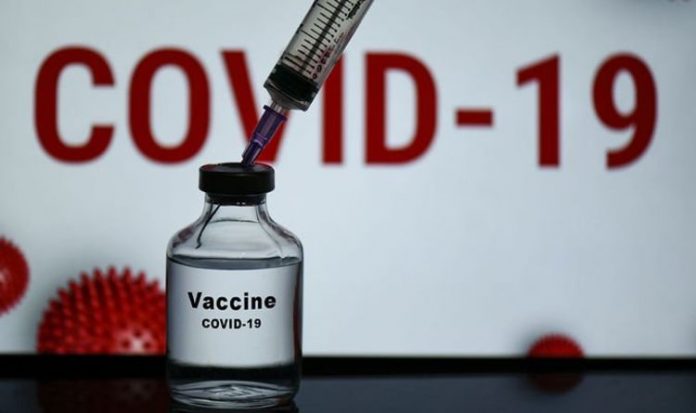Experts hailed the development as a “milestone” in the race to secure a vaccination that will help the world recover from the Covid-19 pandemic. The risk of becoming seriously ill with coronavirus increases with age, meaning any vaccination programme must be effective in the older population. Interim results from the vaccine, produced by Oxford University and pharmaceutical firm AstraZeneca, suggest it produces a robust immune response in the old and the young.
Analysis of blood tests on the over-55s echoed early research on younger volunteers that showed the shot prompted the release of antibodies that help fight COVID-19.
The jab is one of the most advanced experimental coronavirus vaccines in the world.
The university yesterday said the latest development is a “key milestone” in its work to find a vaccine.
A spokesman said: “Our ongoing trials will provide further data, but this marks a key milestone and reassures us that the vaccine is safe for use and induces strong immune responses in both parts of the immune system in all adult groups.”
The vaccine is currently in a phase three clinical trial, which means the safety and effectiveness of the jab is being tested by thousands of participants in a number of different countries.
Data from the research is expected to be presented to regulators within weeks.
The findings on the immunity boost for older people follow analysis of data from phase two trials over the summer.
Full details are expected to be laid out in scientific journals once they have been reviewed by other experts.
AstraZeneca said the reactogenicity – the common, expected side-effects – were lower in older adults.
A spokesman said: “It is encouraging to see immunogenicity responses were similar between older and younger adults and that reactogenicity was lower in older adults, where the COVID-19 disease severity is higher.”
The company’s shares rose as much as 1.4 percent in London after the findings emerged.
Stephen Evans, a professor at the London School of Hygiene and Tropical Medicine, said scientists wanted to see the findings “before concluding that the responses were similar” between the older and younger age groups.
He said that a reason why the side-effects could be lower is because of the type of dose used during trials.
Scientists around the world are racing to find a vaccine against COVID-19.
Around 240 are under development.
Some 44 are currently in clinical trials and nine have reached phase three testing.
Ministers have signed a number of contracts to make sure the UK is ready to go once one is found.
The contracts total 340 million doses.
Frontline health and care home workers, people with serious diseases, the elderly and ethnic minorities are first in line to receive a jab.
Matt Hancock yesterday said that a vaccination programme is expected to be largely rolled out by next summer.
The Health Secretary said preparations are being made to vaccinate NHS staff within weeks in case trials go “perfectly”.
While he did not rule out the first jabs being administered before Christmas, Mr Hancock insisted it was more likely to be next year.
He said: “The programme is progressing well. We’re not there yet.”







